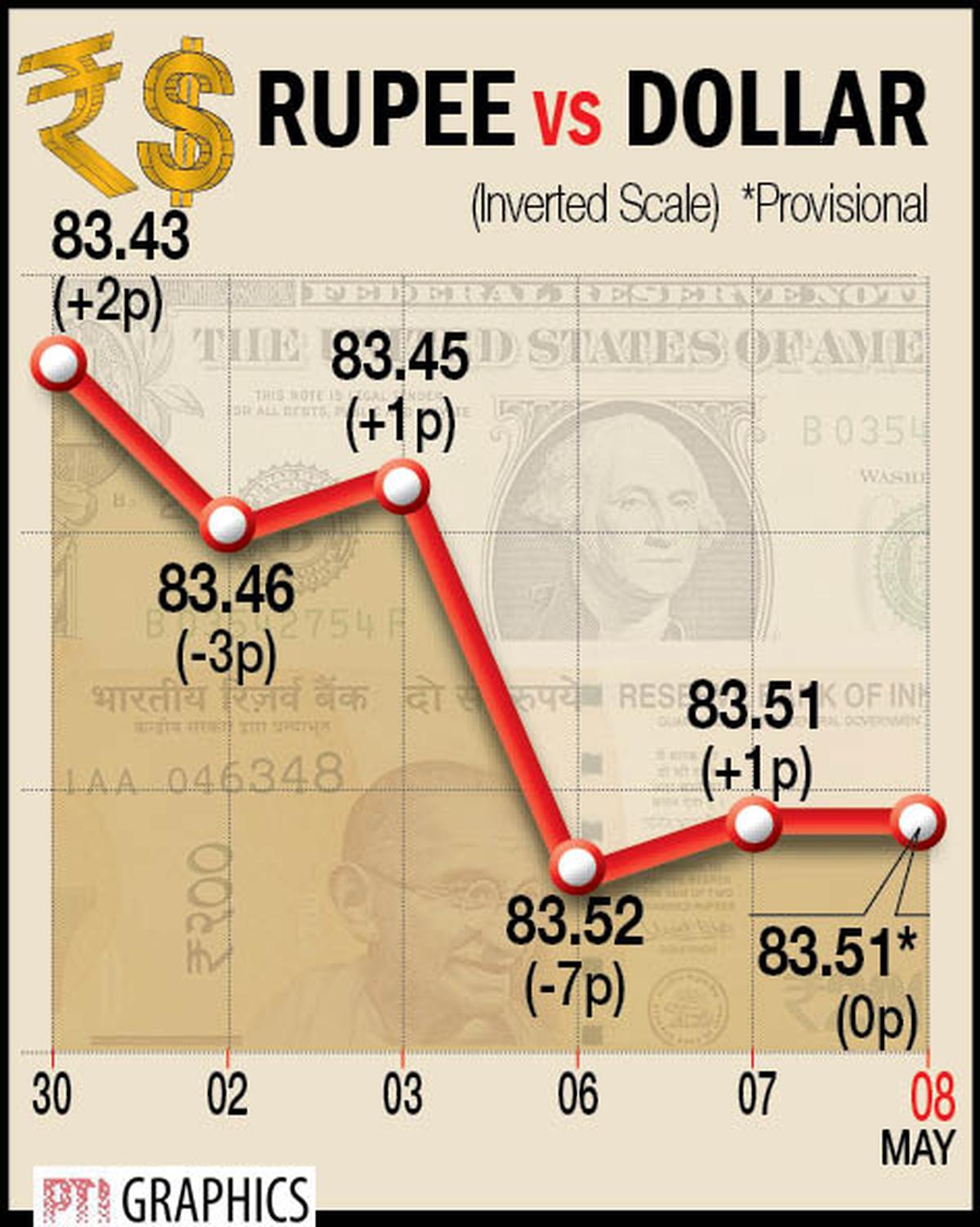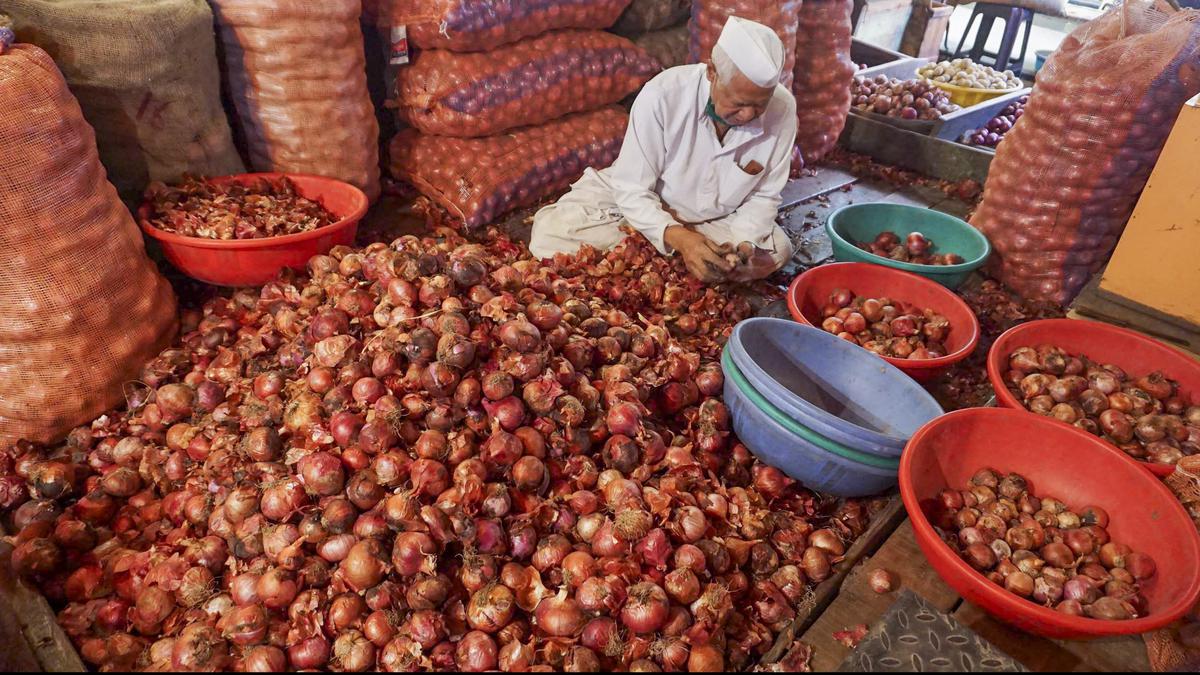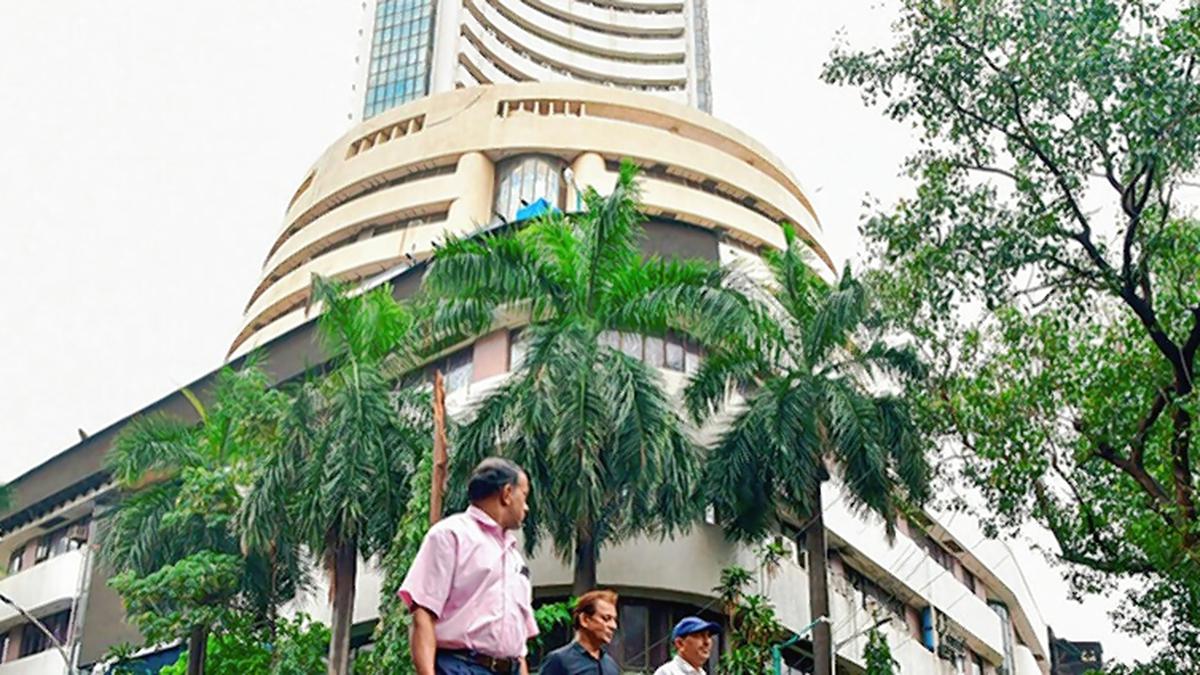Watch: Union Budget gives a leg-up to MSMEs, manufacturing sector
The Union Budget for 2024-2025 has a package of support measures for the Micro, Small and Medium-scale Enterprises (MSMEs) and the labour-intensive manufacturing sector.
According to the Economic Survey tabled on Monday, the contribution of MSMEs to all-India manufacturing output in FY 22 was 35.4% and the share of MSME-made products in exports in FY 24 was 45.7%.
A worker operates a machine inside a small scale manufacturing unit in Mumbai.
| Photo Credit:
Reuters
“This budget provides special attention to MSMEs and manufacturing, particularly labour-intensive manufacturing. We have formulated a package covering financing, regulatory changes, and technology support for MSMEs to help them grow and also compete globally,” said Finance Minister Nirmala Sitharaman.
The budget proposes a credit guarantee scheme that will work on pooling of credit risks of MSMEs to facilitate term loans to MSMEs for purchase of machinery and equipment without collateral or third-party guarantee. A separately constituted self-financing guarantee fund will provide, to each applicant, guarantee cover up to ₹100 crore, while the loan amount may be larger. The borrower will have to provide an upfront guarantee fee and an annual guarantee fee on the reducing loan balance. Public sector banks will build in-house capabilities to assess MSMEs for credit. They will also take a lead in developing a new credit assessment model, based on the scoring of digital footprints of MSMEs in the economy so that MSMEs without a formal accounting system are also covered.
Credit availability
In a move to provide relief to MSMEs during stress period, credit availability will be supported through a guarantee from a government promoted fund. The limit of Mudra loans will be enhanced to ₹20 lakh from the current ₹10 lakh for those who have repaid previous loans under the ‘Tarun’ category.
To facilitate MSMEs unlock their working capital by converting their trade receivables into cash, the turnover threshold of buyers for mandatory onboarding on the TReDS platform will be reduced from ₹500 crore to ₹250 crore. “This measure will bring 22 more CPSEs and 7,000 more companies onto the platform,” the Finance Minister said.
E-Commerce Export Hubs will be set up on public-private-partnership mode so that MSMEs and traditional artisans sell their products in the international markets.
An investment-grade energy audit of traditional micro and small industries will be done in 60 clusters and financial support will be provided to shift them to cleaner forms of energy and implementation of energy efficiency measures. The scheme will be replicated in another 100 clusters in the next phase. Rental housing with dormitory type accommodation for industrial workers will also be facilitated on PPP mode.
Sudhir Jha, national convener, All India Manufacturers Organisation and vice-president of the MSME Development Forum, said the MSME policy of the government needed a relook to improve the entire eco system of MSMEs to meet the current challenges.













